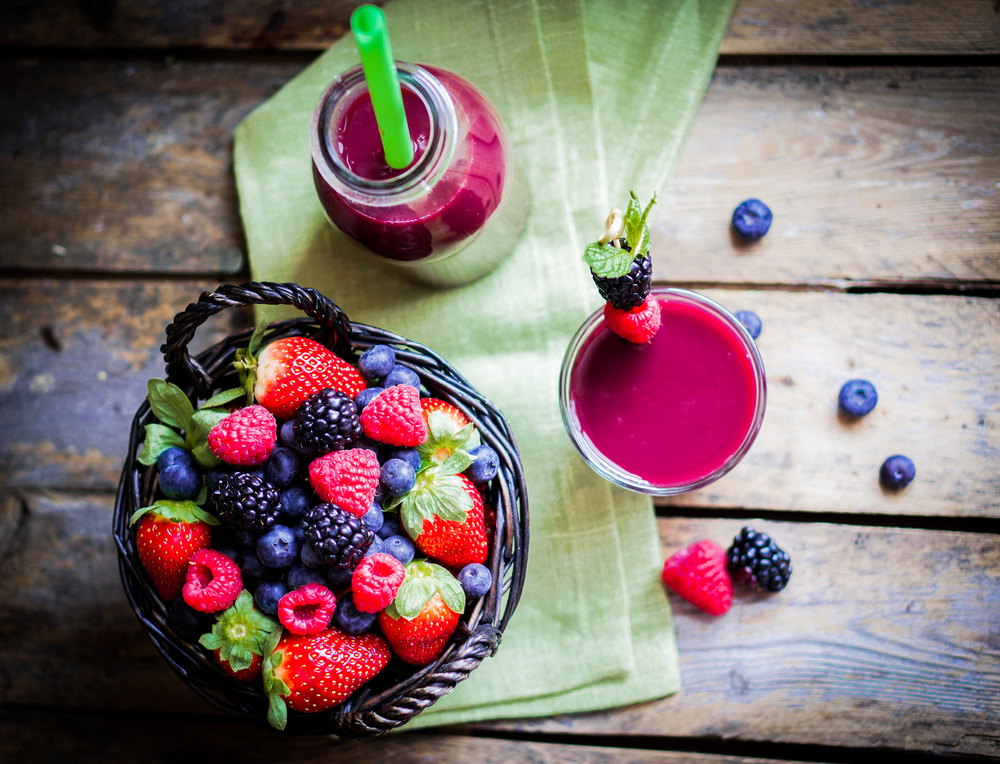There are many ridiculous myths in nutrition.
The “calorie myth” is one of the most pervasive… and most damaging.
It is the idea that calories are the most important part of the diet, that the sources of those calories don’t matter.
If you think that a calorie is a calorie….. and it doesn’t matter if it comes from kale or cookies, then it’s time to rethink what you think you know about calories.
“A calorie is a calorie is a calorie,” they say… it doesn’t matter whether you eat a 100 calories of candy or broccoli, they will have the same effect on your weight.
It is true that all “calories” have the same amount of energy. One dietary calorie contains 4184 Joules of energy. In that respect, a calorie IS a calorie.
But when it comes to your body, things are not that simple.
The human body is a highly complex biochemical system with elaborate processes that regulate and balance energy.
Different foods go through different biochemical pathways, some of which are inefficient and cause energy (calories) to be lost as heat.
Even more important is the fact that different foods and macro-nutrients have a major effect on the hormones and brain centers that control hunger and eating behavior.
The foods we eat can have a huge impact on the biological processes that govern when, what and how much we eat.
Crap is crap, no matter how many calories are involved.
Calories from nutrient-rich foods versus nutritionally-bankrupt ones, that come from processed or refined carbs will have different effects on the body.
Healthy, nutrient-rich foods keep hunger at bay, help maintain stable blood sugar levels, minimize cravings, and enable your brain to signal your belly that it’s full.
Nutrient-poor foods will have the opposite effect, wreaking hormonal havoc, spiking insulin, setting off cravings, dulling satiety signals and encouraging overeating.
In other words: nutrient dense foods help keep weight in check naturally, no calculator required.
Fill up on the right stuff.
To curb appetite, feed your body with foods that fill your belly, send the message of satiety to the brain, and supply the body with health-enhancing nutrients.
There is abundant evidence to show that low-carb diets generally satisfy far more effectively than high-carb ones.
At the top of the satiety superstar list are the “good” fats like coconut oil, avocados, nuts, wild fish and grass fed, organic meats, which help balance hormonal and metabolic responses, in addition to being delicious additions to any plate.
Next up: non starchy vegetables, which are nutrient dense, while adding belly-filling bulk.
And last but not least, is protein, which is extremely helpful in creating feelings of satiety and takes more energy for the body to metabolize.
Bottom line, all three will help reduce appetite with little effort, blood sugar spikes and no counting. All you need to do is enjoy them.
For more in depth look at why a calorie is not just a calorie, take a look at this article from the Harvard Gazette.
When a Calorie Is Not Just a Calorie
Sources:
Harvard Gazette
Mind Body Green
Integrative Nutrition


